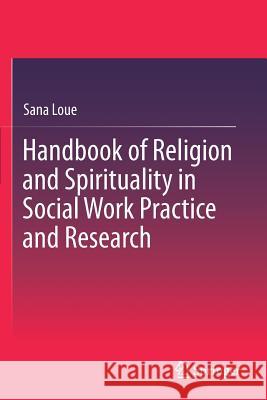Handbook of Religion and Spirituality in Social Work Practice and Research » książka
topmenu
Handbook of Religion and Spirituality in Social Work Practice and Research
ISBN-13: 9781493978427 / Angielski / Miękka / 2018 / 397 str.
Handbook of Religion and Spirituality in Social Work Practice and Research
ISBN-13: 9781493978427 / Angielski / Miękka / 2018 / 397 str.
cena 560,12
(netto: 533,45 VAT: 5%)
Najniższa cena z 30 dni: 556,64
(netto: 533,45 VAT: 5%)
Najniższa cena z 30 dni: 556,64
Termin realizacji zamówienia:
ok. 10-14 dni roboczych.
ok. 10-14 dni roboczych.
Darmowa dostawa!
Kategorie:
Kategorie BISAC:
Wydawca:
Springer
Język:
Angielski
ISBN-13:
9781493978427
Rok wydania:
2018
Wydanie:
2017
Ilość stron:
397
Waga:
0.65 kg
Wymiary:
16.1 x 23.7 x 2.7
Oprawa:
Miękka
Wolumenów:
01
Dodatkowe informacje:
Wydanie ilustrowane











